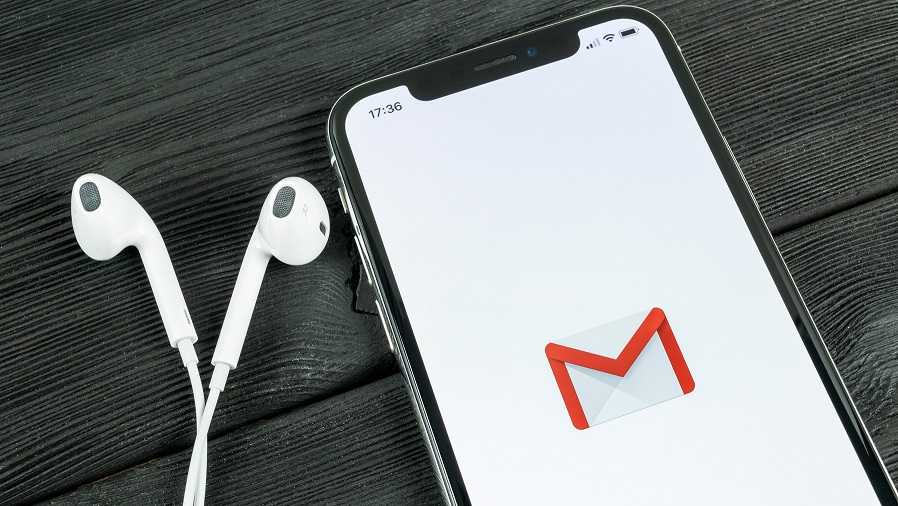Just 12 months after vowing to stop reading the emails of Gmail users, Google is back in the headlines for the same offence.
The only difference this time is Google is allowing third parties to access user inboxes.
A recent report in the Wall Street Journal has revealed that despite refraining from the process itself, Google still allows “hundreds” of outside developers to scan inboxes for information that can help deliver targeted advertising to users.
The allegations centre around email-based services such as shopping price comparisons, productivity software or trip planners.
Return Path and Edison Software are put forward by the WSJ as examples of companies that use computers, and sometimes employees, to scan and analyse “about 100 million emails a day.”
Google has since come out and defended the use of third parties in Gmail, explaining that users are able to control their data.
“Before a non-Google app is able to access your data, we show a permissions screen that clearly shows the types of data the app can access and how it can use that data,” according to a statement authored by Suzanne Frey, Google Cloud's Director of Security, Trust and Privacy.
It also discussed the screening processes in place for third party applications.
“Before a published, non-Google app can access your Gmail messages, it goes through a multi-step review process that includes automated and manual review of the developer, assessment of the app’s privacy policy and homepage to ensure it is a legitimate app, and in-app testing to ensure the app works as it says it does.”
While acknowledging that it allows third parties to access inboxes, Google stressed the fact that “we do not process email content to serve ads, and we are not compensated by developers for API access.”
Another privacy chapter for Google
Google’s urgency to point out that it no longer scans Gmail inboxes is indicative of the long-running scrutiny that has preceded the WSJ revelations.
Targeted advertising and email scanning has been a part of Gmail’s business model since day dot, despite the disapproval of privacy advocates.
As the service has developed and revenue sources aside from advertising, such as G Suite and Google Cloud have emerged, Google has slowly stepped away from scanning.
Google initially stopped mining data from its paying corporate customers using G Suite, before last year announcing an end to the process for all services.
“G Suite’s Gmail is already not used as input for ads personalisation, and Google has decided to follow suit later this year in our free consumer Gmail service,” said Google Cloud CEO in June last year.
“Consumer Gmail content will not be used or scanned for any ads personalisation after this change.”










